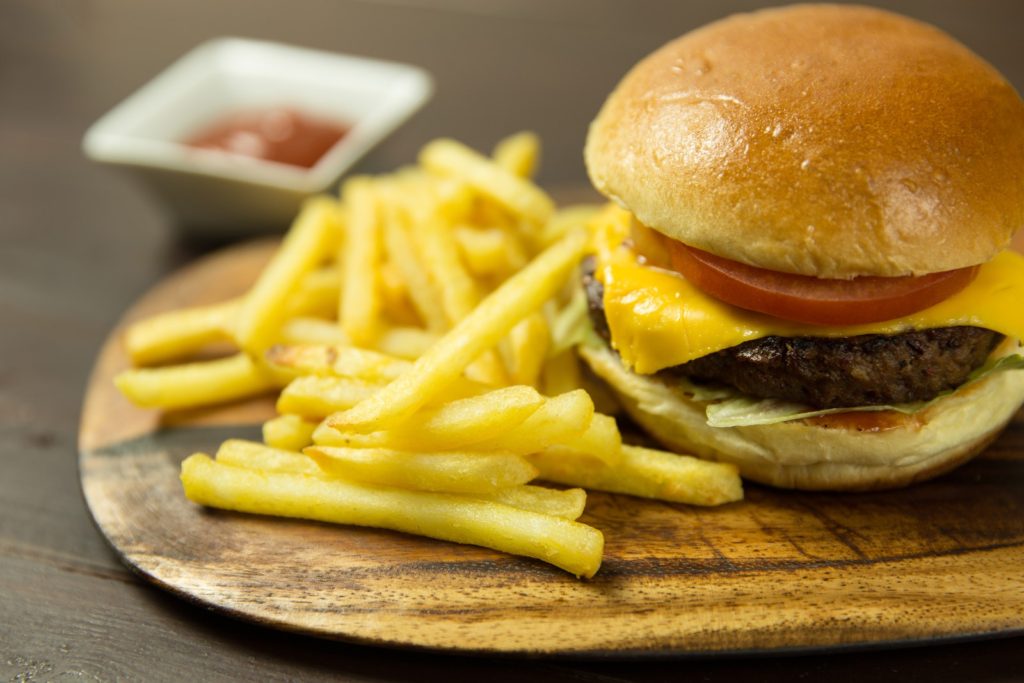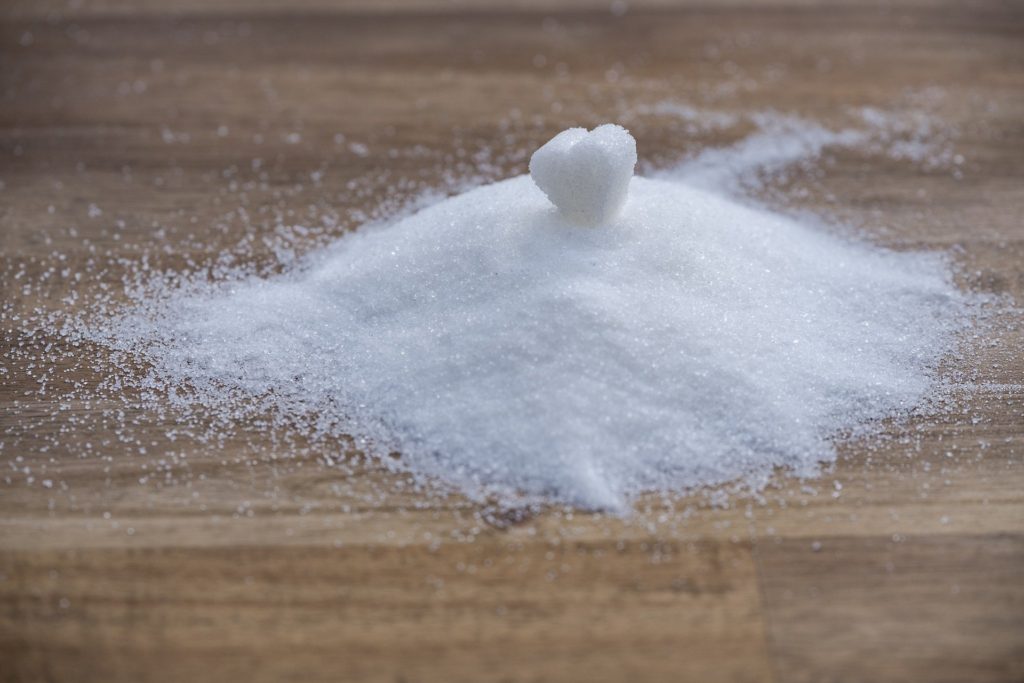Fiber doesn’t negate carbs, but it can definitely lower the insulinogenic effect of your meal.
Dr. Len Lopez, who writes for CBN.com, believes that the sort of carbohydrates you consume is much more significant than the quantity, and I have to agree.
Fibrous carbohydrates like fruit and vegetables, which are typically found in processed foods, are digested slower and, therefore, less likely to be turned into body fat.
Does Fiber Negate Carbs?
While fiber does not cancel out the carbs you ate, foods with high fiber content are digested more slowly, which makes them less likely to be stored as body fat.
Rather than focusing on quantity, focus on quality carbs, like fiber.
According to the Harvard School of Public Health, it’s the quality of carbohydrates that matters most, not the quantity.
According to the school, processed carbohydrates that lack fiber, such as pastries, soft drinks, and white bread, cause weight gain, diabetes, and heart disease.
Instead, the school recommends eating nutrient-rich foods like low-carb fruits & vegetables. These high-fiber carbs have a lower glycemic index, so they do not cause blood sugar to spike.
How Carbs Affect the Glycemic Index
The glycemic index is a method of comparing the effect of carbohydrates on blood sugar, or blood glucose, for different foods. High-glycemic carbs, like bread, can spike your blood sugar really quickly.
The American Diabetes Association says that low-glycemic-index foods, which cause a slower rise in blood sugar levels, include low-carb fruits & non-starchy vegetables. These foods are high in fiber.
Those that have a high glycemic index, which produces an immediate rise in blood sugar, include bagels, white bread, rice cakes, saltine crackers, white rice, macaroni, and cheese, pretzels, and popcorn. Since these foods are low in fiber, they produce an immediate spike in blood sugar, leading to fat gain & other health problems.

Carbs Have a Huge Impact on Health
Carbs have a huge impact on health because the connection between carbohydrates, fiber, and blood sugar levels is significant. That’s because fast carbohydrates are metabolized and stored as body fat much quicker than slow-digesting carbs, like low-carb vegetables.
Foods with low fiber content and a high glycemic index raise blood sugar rapidly, resulting in the secretion of the hormone insulin. This causes blood sugar to rise. When sugars are removed from the blood and moved to fat and muscle cells, they may either be used as energy or converted into fat.
However, since most carbs are stored as body fat, many people choose to not eat low-fiber carbs like people on keto diets.
How Much Fiber Should You Eat?
The 2010 Dietary Guidelines for Americans recommend you consume 28 grams of dietary fiber each day on a 2,000-calorie diet. You can easily get your daily fiber by eating non-starchy vegetables, like cucumbers or spinach, with each meal.
Conclusion
Fiber doesn’t negate the carbs you previously ate. However, by consuming less processed, high-glycemic-index carbohydrates and more fiber-rich vegetables, your body will store less fat.
If you’re interested in learning more about the best, fiber-rich vegetables to consume, here’s the list of my favorite low-carb veggies.
- Can You Still Lose Weight If You Aren’t in Ketosis? - February 8, 2023
- Can the Keto Diet Help With Depression? - February 8, 2023
- Why Does Processed Food Make You Fat? - January 2, 2023




